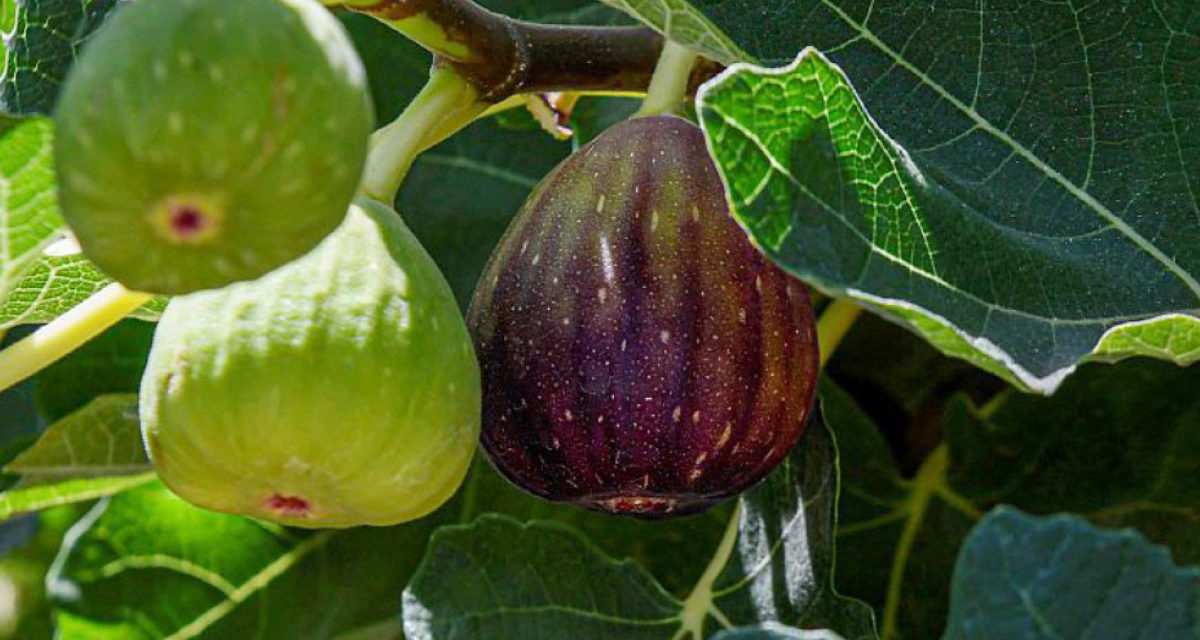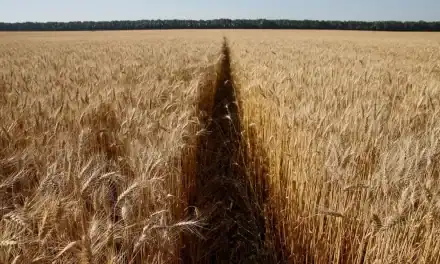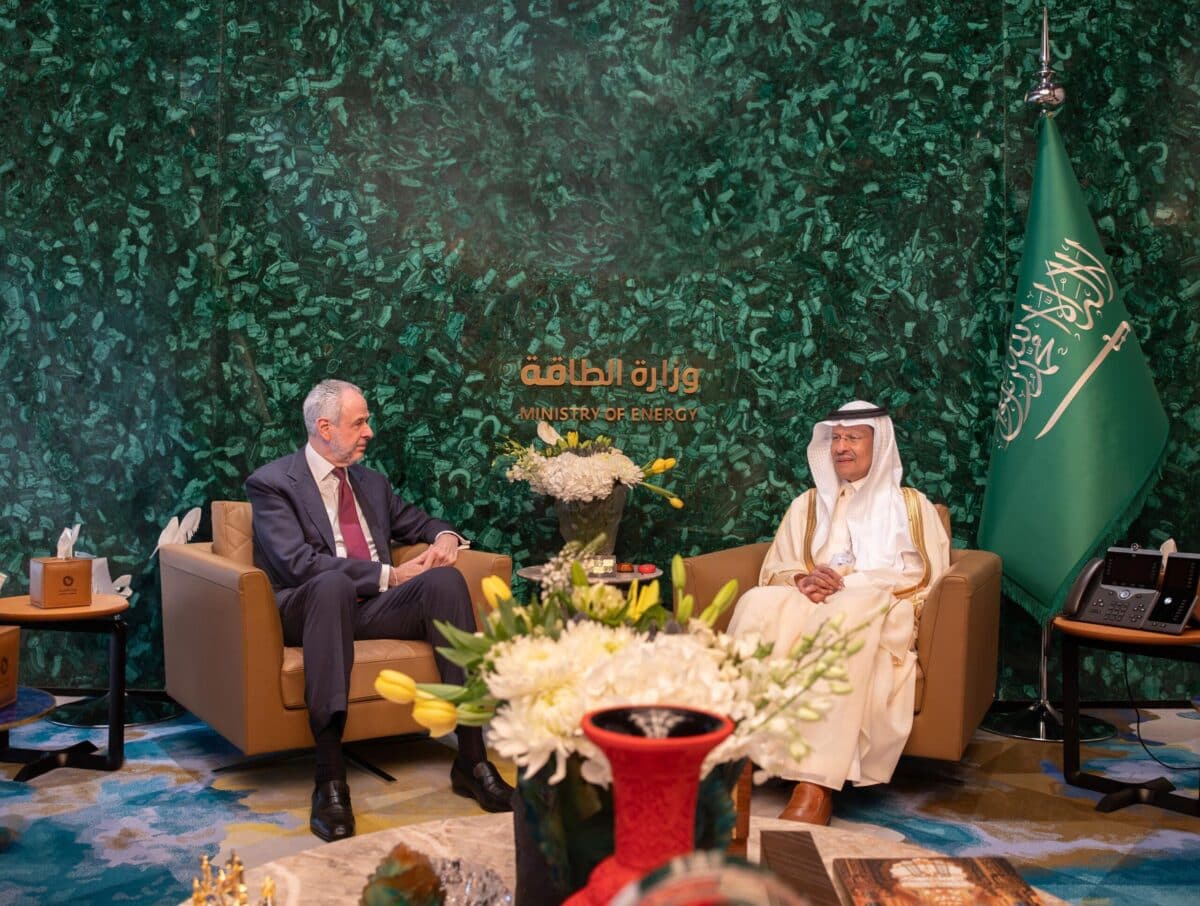Riyadh, August 5, 2024 – The Ministry of Environment, Water, and Agriculture announced that Saudi Arabia has achieved 111% self-sufficiency in fig production. The annual production exceeds 28,000 tons, cultivated across approximately 1,421 hectares in various regions of the Kingdom.
As part of the “Harvest Season” campaign, aimed at spreading knowledge about agricultural products and increasing awareness about seasonal fruit options, the ministry highlighted that Jazan leads with an annual production of 9,906 tons, followed by Riyadh with 8,010 tons. Asir produces 3,970 tons, Makkah 1,635 tons, Hail 1,033 tons, Al-Jouf 874 tons, Al-Baha 790 tons, Qassim 737 tons, Najran 645 tons, Tabuk 348 tons, Madinah 245 tons, and the Northern Borders 36 tons.
The ministry noted that fig production season runs from February to November annually. Figs are considered a promising crop produced in varying quantities across different regions. The ministry is working on developing fig production, manufacturing, and marketing through the Sustainable Rural Agricultural Development Program by leveraging available opportunities and resources and utilizing the comparative advantages of different regions based on natural resources and agricultural capabilities.
The ministry highlighted that various types of figs are produced in the Kingdom, including: Madini figs, Brown Turkey, Baladi figs, Wazeri figs, Kadota figs, and White King. Figs offer multiple health benefits, such as resistance to Alzheimer’s disease, reduction of blood pressure levels, improvement of hair and skin health, strengthening of bones, and regulation of blood sugar levels. Consuming locally produced fruits in their seasons maximizes their nutritional and health benefits.
The “Harvest Season” campaign aims to introduce the different types of local fruits and their availability throughout the year. It aligns with the ministry’s policy to enhance the production and utilization of local produce, improve its quality and safety standards, spread knowledge about agricultural products, and increase awareness about the diverse seasonal fruit options in the Kingdom. The campaign also aims to improve the efficiency of marketing locally produced fruits during their production season to support local farmers and increase their financial returns.







